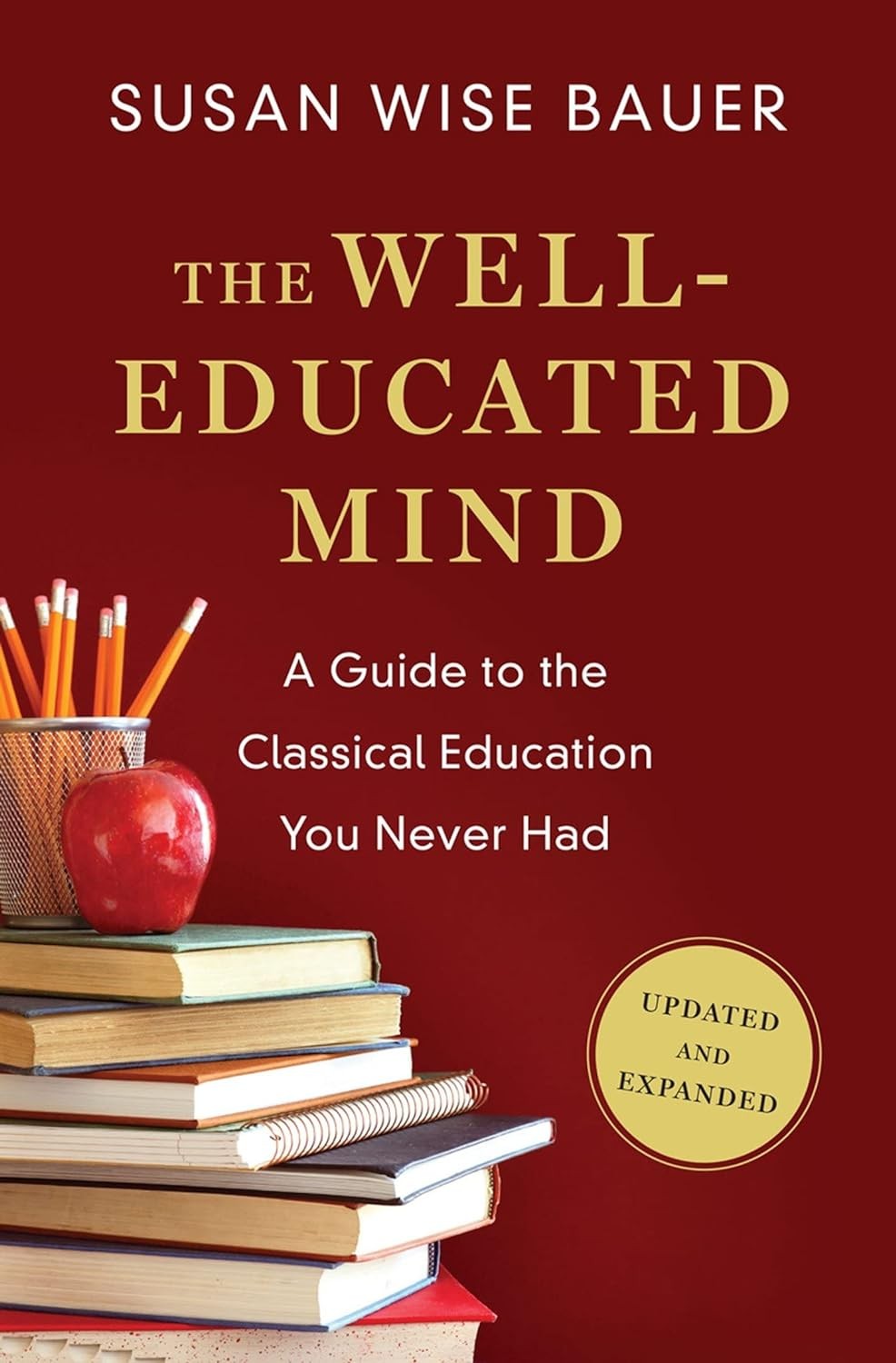Are audiobooks an effective learning tool? The answer depends on various factors, including your learning style, the book’s genre, and your learning goals. This guide will delve into these factors, offering insights into whether audiobooks are right for you and how to maximize their learning potential.
Learning Style and Audiobooks
Audiobooks are excellent for auditory learners who absorb information best through listening. However, visual learners, who prefer reading physical text, might find it challenging to focus solely on audio. If you find your mind wandering while listening, strategies like active listening, note-taking, and regular breaks can improve comprehension and retention. Experiment to discover if audiobooks align with your learning preferences.
Genre Considerations: Fiction vs. Non-Fiction
The effectiveness of audiobooks also varies depending on the book’s genre. Self-help, business, and contemporary non-fiction books, with their generally straightforward language and concepts, often translate well to audio format.
However, denser texts like classic literature, philosophy, history, and academic works often require closer reading and annotation. The complex language, nuanced arguments, and intricate details in these genres may be better absorbed through traditional reading, allowing for highlighting, note-taking, and rereading specific passages.
Learning Goals: Casual vs. In-Depth Study
Your learning objectives also influence the suitability of audiobooks. If your goal is casual learning or expanding your knowledge in a particular area, audiobooks can be a convenient and enjoyable option. However, for in-depth study requiring critical analysis, detailed note-taking, and frequent referencing, physical books might be more beneficial.
While Audible’s clip feature allows saving short audio excerpts, it may not fully replace the comprehensive annotation possible with physical books.
Pros and Cons of Audiobooks for Learning
Pros:
- Accessibility: Learn on-the-go during commutes, exercise, or chores.
- Convenience: Listen when your eyes are tired or you lack time for traditional reading.
- Immersion: Engage your imagination and visualize the content.
Cons:
- Limited Annotation: Difficult to highlight, underline, or write in margins.
- Distraction Potential: Easier to lose focus compared to physical reading.
- Re-reading Challenges: Not as easy to quickly revisit specific passages.
- Pacing: Less control over reading speed and potential for passive listening.
Maximizing Learning with Audiobooks: Seven Effective Strategies
- Choose Engaging Material: Select books that genuinely interest you to maintain focus.
- Define Your Purpose: Establish clear learning goals before starting.
- Utilize the Clip Feature: Save important passages for later review.
- Pause and Reflect: Regularly stop to contemplate key concepts.
- Take Notes: Jot down summaries, insights, and questions (if possible).
- Review at Intervals: Recap what you’ve learned after each chapter or section.
- Write a Book Review: Summarize and analyze the book to solidify understanding.
Who Benefits Most from Audiobooks?
Audiobooks are particularly beneficial for individuals with visual impairments, busy schedules, or those who prefer auditory learning. They offer a convenient way to consume information and can significantly increase reading volume.
Conclusion: Are Audiobooks Right for You?
Audiobooks can be a valuable learning tool, particularly for certain learning styles, genres, and goals. By understanding their limitations and employing effective listening strategies, you can harness the power of audiobooks to enhance your learning experience. Experimentation is key to determining if audiobooks fit your individual needs and learning preferences.

